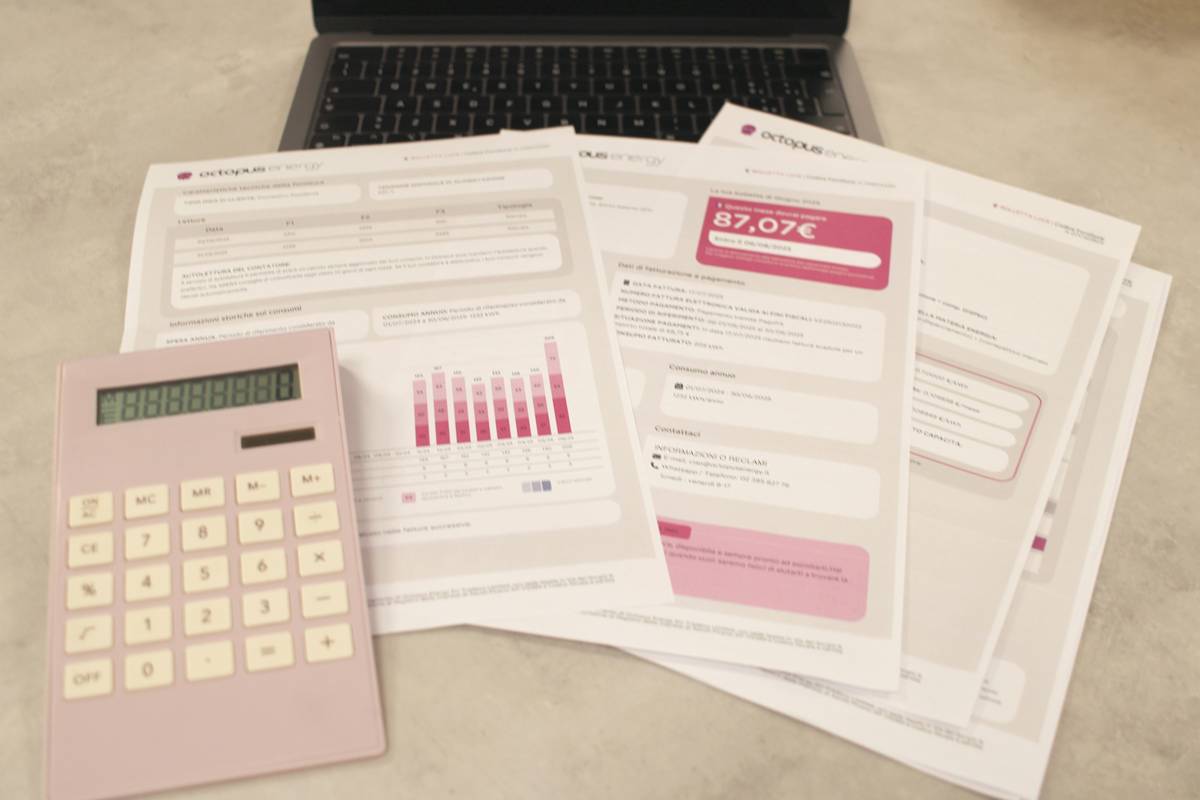Ever stared at a pile of bills, wondering if there’s a way out? Yeah, us too. If you’re drowning in loan payments and considering deferment as your lifeline, you’re not alone. But here’s the kicker—do you even qualify? This eligibility criteria guide will walk you through everything you need to know about pausing those loans without breaking a sweat (or the bank).
In this post, we’ll dive deep into:
- The real deal behind eligibility requirements.
- A step-by-step roadmap to apply for deferment.
- Tips to avoid rookie mistakes (and save your credit score).
- Real-world examples that prove it can work.
Table of Contents
- Key Takeaways
- Why Loan Deferment Matters
- How to Navigate Eligibility Like a Pro
- Top Tips to Boost Your Chances
- Success Stories: Real People, Real Wins
- Frequently Asked Questions
Key Takeaways
- Loan deferment isn’t automatic—you need to meet specific eligibility criteria.
- Documentation is king; don’t wing it when applying.
- Skipping steps or lying on forms could haunt your financial future.
- There are alternative options if deferment falls through.
Why Loan Deferment Matters
Picture this: You’re juggling rent, utilities, groceries, and student loans all while working two jobs. Sounds like your laptop fan during a 4K render—whirrrr. Enter loan deferment, which allows borrowers to temporarily pause payments without penalty. While it sounds dreamy, many people trip over unnecessary hurdles because they misunderstand the eligibility criteria guide.

Here’s why understanding the fine print matters:
“Optimist You:” ‘I’ll breeze through this application in no time!’
“Grumpy You:” ‘Ugh, fine—but only if coffee’s involved.’*
Without clarity, you risk rejection—or worse, defaulting on your loan. And trust me, I once tried submitting an incomplete form thinking “they’ll figure it out.” Spoiler alert: They didn’t.
How to Navigate Eligibility Like a Pro
What Are the Main Eligibility Requirements?
Think of these as the gatekeepers deciding whether you get access to deferment. Common criteria include:
- Economic hardship (e.g., unemployment or underemployment).
- Medical emergencies leading to temporary income loss.
- Enrollment in school at least half-time.
- Military service during active duty.
Each lender has its own twist, so read their terms carefully—it’s chef’s kiss for avoiding missteps.
Step 1: Gather the Right Documents
Before diving in, gather proof of your situation. Think pay stubs, medical bills, enrollment certificates, or deployment orders. These documents make or break your case.
Step 2: Submit Your Application
Filling out paperwork might feel duller than waiting for dial-up internet, but attention to detail is crucial. Double-check every section before hitting submit.
Step 3: Follow Up Relentlessly
No news? Don’t ghost them! Call or email regularly to ensure your application hasn’t fallen into a black hole.
Top Tips to Boost Your Chances
- Know Your Lender’s Rules: Not all lenders play by the same book. Familiarize yourself with their unique policies.
- Provide Complete Information: Half-baked applications scream amateur hour. Give them zero excuses to reject you.
- Seek Professional Help: If navigating feels overwhelming, consult a financial advisor—they’re worth their weight in gold.
- (Avoid!) Terrible Tip: DON’T lie on your application. It’s tempting but后果很严重。
Success Stories: Real People, Real Wins
Let’s talk about Sarah, a nurse who faced financial strain due to unexpected surgery costs. By following our eligibility criteria guide, she successfully deferred her car loan for six months. Her secret sauce? Clear documentation and relentless follow-ups.
Another win comes from Mark, a veteran returning from deployment. He used his military status to qualify for deferment and avoided late fees completely. Moral of the story? Persistence pays off.
Frequently Asked Questions
Q: How long does the deferment process take?
A: Typically 2–4 weeks, depending on your lender’s workload. Patience is key!
Q: Will deferment hurt my credit score?
A: No, it shouldn’t—as long as you keep up with other obligations.
Q: Can I defer more than one type of loan?
A: Absolutely, though each requires separate approval.
Conclusion
Navigating the labyrinth of loan deferment doesn’t have to feel impossible. With this ultimate eligibility criteria guide, you now have the tools to tackle the process head-on. Remember:
- Eligibility varies based on personal circumstances.
- Documentation beats assumptions every time.
- You’ve got this—even if it feels like climbing Mount Everest.
Like a Tamagotchi, your financial health needs daily care. Stay informed, stay proactive, and don’t forget to breathe.


